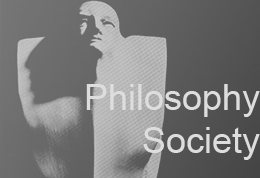21st Jan 2016 6:30pm
G7, Pavilion Parade

Lecture by David Oswell, Goldsmiths, University of London.
AbstractThe paper draws on the work of the sociologist C. Wright Mills and philosopher Charles Taylor to consider how children’s agency is thought at the level of a social imaginary. The question is not how children might be theorised as having or not having agency, but rather how they have been imagined as such. The resources for imagining are multiple; at the same time, they are, for example, literary, journalistic, artistic, sociological and philosophical; but they also come to the fore through different mediums of speech, printed word, architectural space, sites of commercial transaction and so on. The paper initially considers the supposed radical rupture in sociological thought brought about through Childhood Studies in thinking children not as passive in the context of social structure, but as active agents in the construction of the social. The paper frames this in relation to the United Nations Convention on the Rights of the Child, 1989, but it also looks back to its formation in a series of social imaginaries earlier in the twentieth century, particularly in the context of set of discourses about children’s public and political participation in the 1920s and 1930s. The second part of the paper questions whether the articulation of children as subjects with agency within Childhood Studies is adequate to the task of contemporary imaginaries regarding children as subjects productive of value (not only moral and affective, but economic), in a social world that is complex in terms of both scale and ontology. Foremost in mind are the articulations of the social through issues such as big data, social media, and post-national governmentalities.